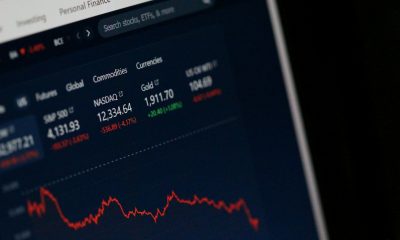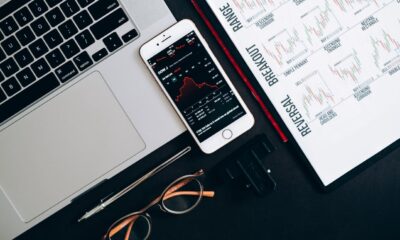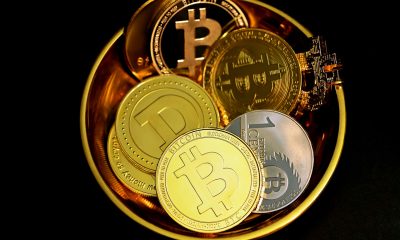Featured
February sees working class getting bigger paychecks
Thanks to the recent tax reforms, workers can now take home bigger paychecks.

So far in 2018, New England froze over and the government shut down. And that’s only in January! But just like with Christmas, there are some things that never happen fast enough. One of them is any change that gives workers bigger paychecks. With February just starting, that change is coming fast!
The IRS has published the new withholding tables reflecting the recent tax reform. By the pay period ending Feb. 15, employers should have built these rules into their payroll calculations.
The end result will be more money in almost every pocket. (There are some high-earners who will feel a pinch.)
There’s reason to believe the lower tax rates will stick around longer than the law allows. Unfortunately, they probably won’t create the economic growth that the president and Congress want.

Workers will start receiving bigger paychecks this month.(Source)
Tax reform was mostly about cutting corporate taxes, along with mild tax relief for individuals. Without significantly raising taxes elsewhere, the overall effect was to increase the budget deficit by $1.5 trillion over the next 10 years.
But Congress cannot increase the deficit without 60 votes. This tax reform passed, ironically enough, through budget reconciliation, which only requires a simple majority of 50. Because of this procedural dance, the tax reform act had to add back in tax revenue by the end of the 10-year window.
By making personal taxes move higher seven to 10 years from now, the impact of the legislation will be revenue neutral at the end of 10 years. That’s why individual taxes that fall today are set to rise in the future.
While this is the law of the land, I don’t think many politicians will object to maintaining lower taxes on individuals down the road, at least not on the bottom 80 percent of earners. To do otherwise would be political suicide, and most of the elected class are more concerned with re-election than anything else.
Then there’s this … Even with more jingle in their pockets, I don’t think consumers will rush out to spend those extra nickels. We still have the same financial issues we had at the end of last year, and a few extra bucks won’t make them go away.
The largest group of baby boomers turn 57 this year, which means they’re more than halfway through their empty-nester years. By all measures, they are woefully unprepared for retirement.
Per the 2016 Federal Reserve Survey of Consumer Finances, Americans 55 to 64 years old had about $59,000 in financial assets. This is the median, so half the group had less, and half had more. This doesn’t include retirement accounts, but the news isn’t much better on that front.
From the same report, only 60 percent of the same age cohort actually had a retirement account, and the median value was a mere $120,000.
Looking at the typical empty-nester with a retirement account and a few bucks in the bank, that person has a whopping $180,000 to use in retirement, plus whatever modest amount they receive from Social Security.
Those numbers aren’t exactly comforting.
That’s why I think the boomers, along with most people older than 30, will probably save more of their newfound wealth than spend it. Restaurants might get a boost, and perhaps Starbucks will sell a few more lattes, but modest spending growth in a few areas won’t be enough to boost GDP.
For that, we need a major economic change, which won’t happen until the millennials get fully onboard with forming households and having children. When that trend takes hold in the 2020s, then we’ll be back in growth mode.
—
DISCLAIMER: This article expresses my own ideas and opinions. Any information I have shared are from sources that I believe to be reliable and accurate. I did not receive any financial compensation in writing this post, nor do I own any shares in any company I’ve mentioned. I encourage any reader to do their own diligent research first before making any investment decisions.

-

 Impact Investing6 days ago
Impact Investing6 days agoMainStreet Partners Barometer Reveals ESG Quality Gaps in European Funds
-

 Biotech2 weeks ago
Biotech2 weeks agoEurope’s Biopharma at a Crossroads: Urgent Reforms Needed to Restore Global Competitiveness
-

 Cannabis1 day ago
Cannabis1 day agoCannabis Use and Brain Aging: What a Major Study Reveals
-

 Africa1 week ago
Africa1 week agoFrance and Morocco Sign Agreements to Boost Business Mobility and Investment


























You must be logged in to post a comment Login